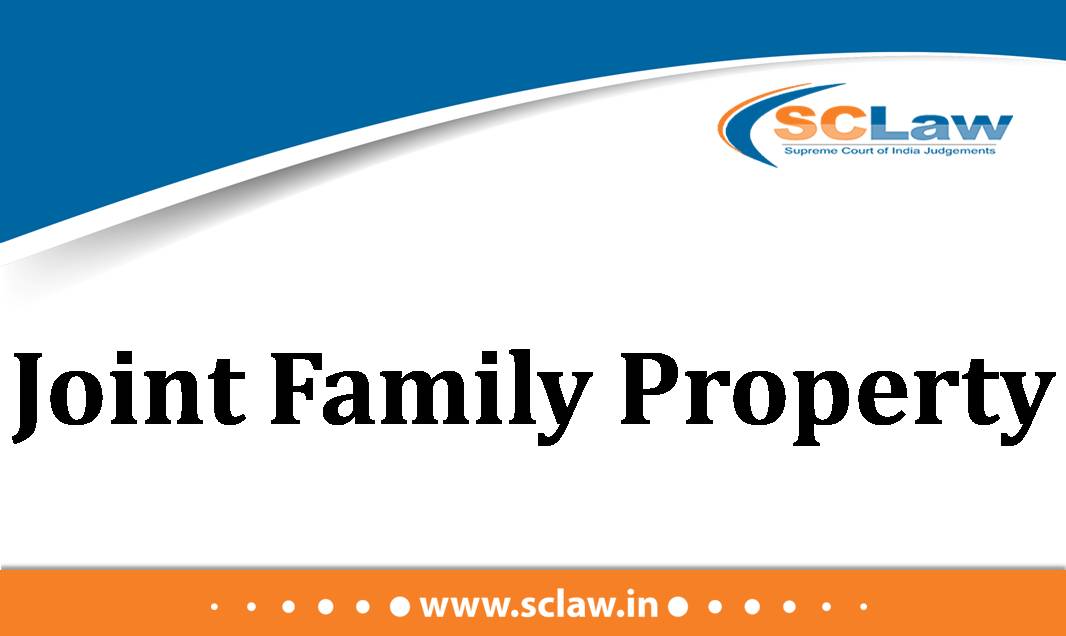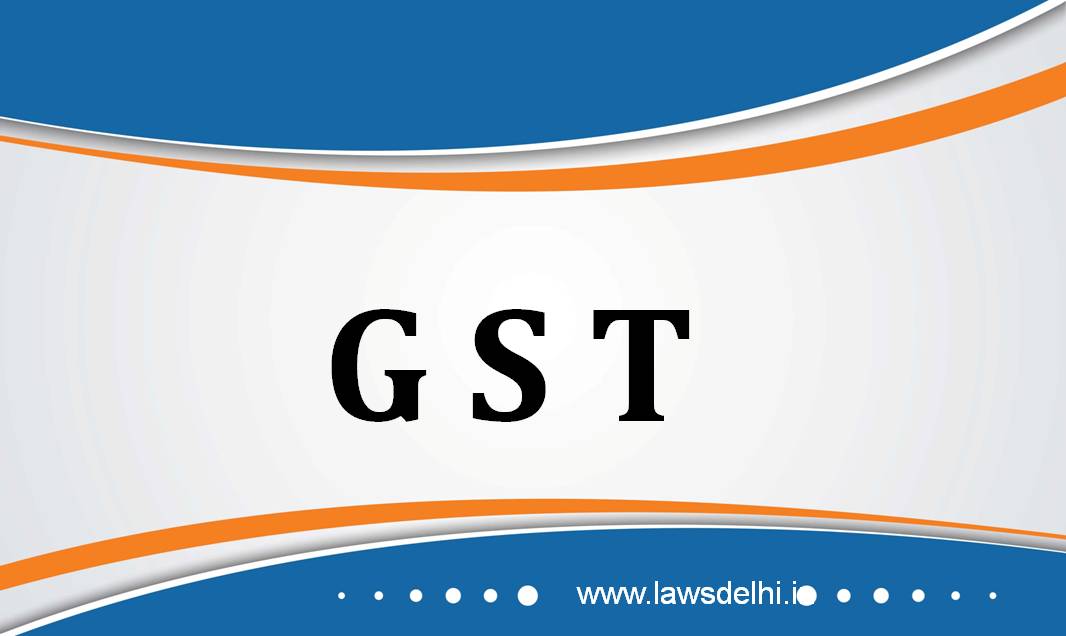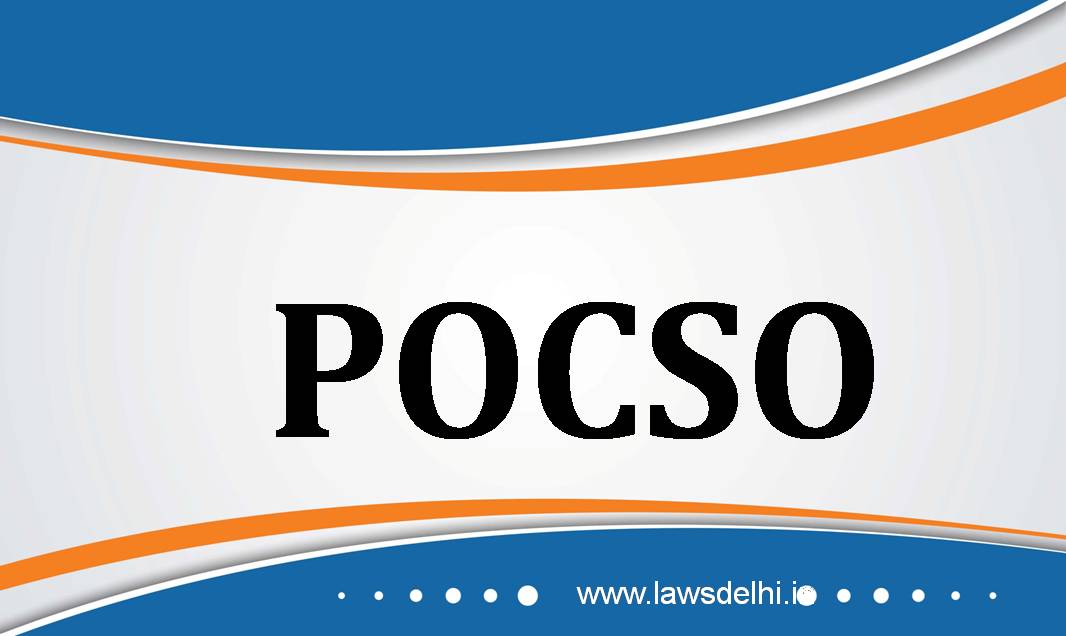Service Law – Public servant – Removal to compulsory retirement – Corrupt charges – – Fraud by way of fraudulent withdrawal in 85 RD accounts and by way of non-credit of deposits in 71 RD accounts and defrauded a sum of Rs.16,59,065 – Mere deposit of defrauded amount no lenient view – Dismissal converted compulsory retirement
SUPREME COURT OF INDIA DIVISION BENCH UNION OF INDIA AND OTHERS — Appellant Vs. M. DURAISAMY — Respondent ( Before : M.R. Shah and B.V. Nagarathna, JJ. ) Civil Appeal…
What is required to be considered is what was under challenge before the Tribunal as well as the High Court – and not the subsequent reduction of penalty by the CIT(A) – Therefore, it cannot be said that the appeal before the High Court at the instance of the Revenue challenging the order passed by the ITAT was not maintainable in view of CBDT circular.
SUPREME COURT OF INDIA DIVISION BENCH LATE SHRI GYAN CHAND JAIN THROUGH LR — Appellant Vs. COMMISSIONER OF INCOME TAX-I — Respondent ( Before : M.R. Shah and B.V. Nagarathna,…
Insolvency and Bankruptcy Code, 2016 – Section 53(1)(a) and 5(13) – Insolvency resolution process costs – Dues towards the wages/salaries of only those workmen/employees who actually worked during the Corporate Insolvency Resolution Process (CIRP) are to be included in the CIRP costs
SUPREME COURT OF INDIA DIVISION BENCH SUNIL KUMAR JAIN AND OTHERS — Appellant Vs. SUNDARESH BHATT AND OTHERS — Respondent ( Before : M.R. Shah and Aniruddha Bose, JJ. )…
No order could have been passed by the Tribunal by way of interim measure on the applications filed under Section 17 of the Arbitration Act in a case where there is a serious dispute with respect to the liability of the rental amounts
SUPREME COURT OF INDIA DIVISION BENCH EVERGREEN LAND MARK PRIVATE LIMITED — Appellant Vs. JOHN TINSON & COMPANY PRIVATE LIMITED AND ANOTHER — Respondent ( Before : M. R. Shah…
In the absence of any provision, the employer is not bound to prepare a waiting list in addition to the panel of selected candidates and to appoint the candidates from the waiting list in case the candidates from the panel do not join
SUPREME COURT OF INDIA DIVISION BENCH VALLAMPATI SATHISH BABU — Appellant Vs. THE STATE OF ANDHRA PRADESH AND OTHERS — Respondent ( Before : M.R. Shah and B.V. Nagarathna, JJ.…
Joint Family Property – Gift deed – A Hindu father or any other managing member of a HUF has power to make a gift of ancestral property only for a ‘pious purpose’ and what is understood by the term ‘pious purpose’ is a gift for charitable and/or religious purpose. Therefore, a deed of gift in regard to the ancestral property executed ‘out of love and affection’ does not come within the scope of the term ‘pious purpose’
SUPREME COURT OF INDIA DIVISION BENCH K.C. LAXMANA — Appellant Vs. K.C. CHANDRAPPA GOWDA AND ANOTHER — Respondent ( Before : S. Abdul Nazeer and Krishna Murari, JJ. ) Civil…
Central Goods and Services Tax Act, 2017 – Section 56 – Interest on Delayed Refunds – Award of interest at 9 per cent would be attracted only if the matter was covered by the proviso to the Section 56.
SUPREME COURT OF INDIA DIVISION BENCH UNION OF INDIA AND OTHERS — Appellant Vs. M/S. WILLOWOOD CHEMICALS PRIVATE LIMITED AND ANOTHER — Respondent UNION OF INDIA AND OTHERS — Appellant…
(IPC) – S 302, 376A, 376(2)(i), 376(2)(m), 363 and 366 – POCSO – S 6 – Accused had not consciously caused any injury with an intent to extinguish the life of the victim, and that the offence in that case was under Clause Fourthly of Section 300 IPC, this Court had commuted the sentence of death penalty to the life imprisonment – Case could not be said to be the “rarest of rare case” – the sentence of imprisonment for a period of twenty years instead of imprisonment for the remainder of his natural life for the offence under section 376A, IPC.
SUPREME COURT OF INDIA FULL BENCH MOHD. FIROZ — Appellant Vs. STATE OF MADHYA PRADESH — Respondent ( Before : Uday Umesh Lalit, S. Ravindra Bhat and Bela M. Trivedi,…
Lakhimpur Kheri Violence Case – HELD (i) irrelevant considerations having impacted the impugned order granting bail; (ii) the High Court exceeding its jurisdiction by touching upon the merits of the case; (iii) denial of victims’ right to participate in the proceedings; and (iv) the tearing hurry shown by the High Court in entertaining or granting bail to the respondent/accused; can rightfully cancel the bail,
SUPREME COURT OF INDIA FULL BENCH JAGJEET SINGH AND OTHERS — Appellant Vs. ASHISH MISHRA @ MONU AND ANOTHER — Respondent ( Before : N.V. Ramana, Surya Kant and Hima…
Once the execution of agreement to sell and the payment of advance substantial sale consideration is admitted by the vendor, nothing further is required to be proved by the vendee.
IN THE SUPREME COURT OF INDIA CIVIL APPELLATE JURISDICTION M.R. SHAH; B.V. NAGARATHNA, JJ. CIVIL APPEAL NO. 2095 OF 2022; April 11, 2022 P. Ramasubbamma Versus V. Vijayalakshmi & Ors.…














